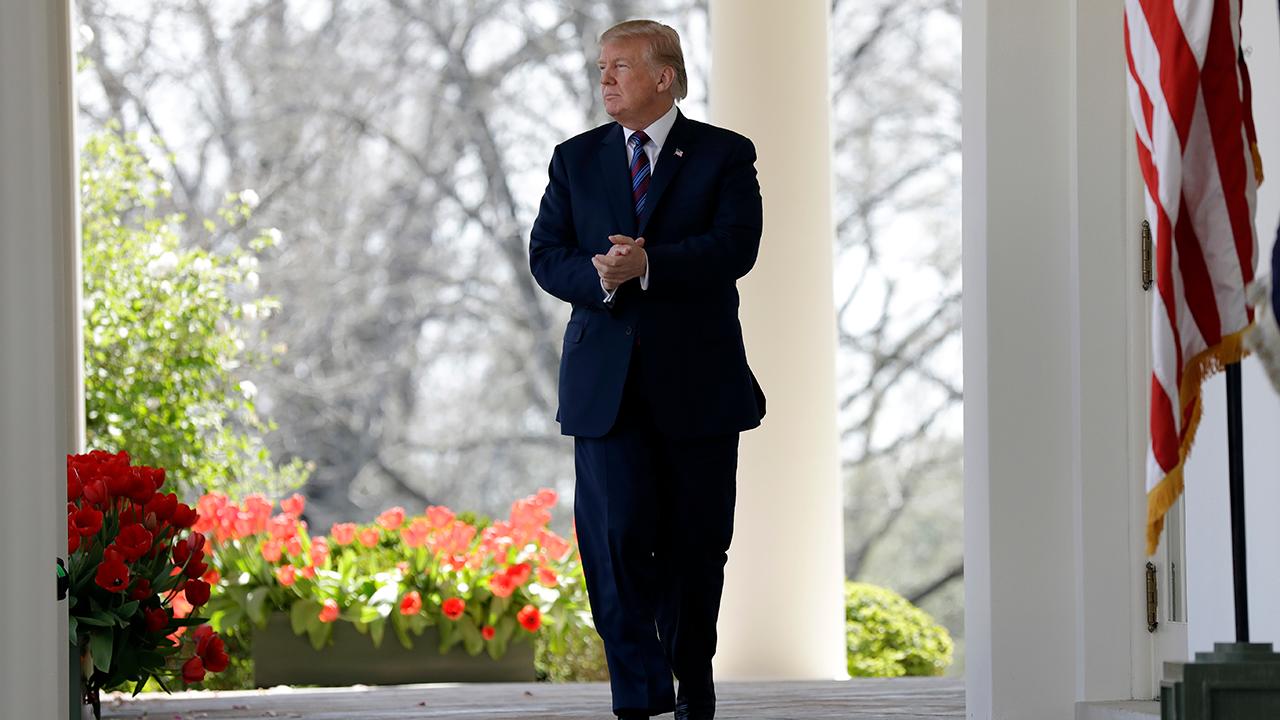Trump’s business tax reform efforts may fall short, economists warn
The Trump administration’s efforts to boost U.S. economic growth by reducing the corporate tax rate may have a much more muted impact than White House officials anticipated.
While the president and other government officials said the new tax law, signed in December, would bring back factories and jobs, that view does not take into account the fact that the resources that are actually shifted to tax havens are not “tangible,” but rather just accounting profits, according to a new research paper by three economists.
“These firms don’t seem to move much tangible capital to low-tax places – they don’t even have much tangible capital to start with. Instead, they avoid taxes by shifting accounting profits,” the researchers wrote.
Close to 40% of multinational profits are shifted to low-tax countries – like Ireland, Bermuda or the Caribbean – each year, the study found, which consequently deprives governments of those revenues. U.S. multinationals engage in the highest amount of profit-shifting, though the European Union was found to have incurred the biggest losses as a result of the tax evasion scheme.
Even if U.S. companies brought back these profits as a result of the reduced corporate tax rate, which was lowered to 21% from 35% under the Tax Cuts and Jobs Act, it wouldn’t provide the type of boost needed to significantly impact growth.
“For wages to rise, productive capital needs to increase, which can happen fast if capital flows from abroad, much less so if paper profits – not productive capital – is what moves across countries,” the researchers conclude. In other words, if it were factories and jobs flooding back, that would produce the desired impact on growth.
Meanwhile, the benefits in some low-tax countries for this accounting strategy are enormous. In Ireland, Bermuda, Luxembourg and the Caribbean, economists found the profit-to-wage ratio was 500%, making the foreign shifters significantly more profitable than local companies.
One way countries can begin to win back some of the lost revenues is by implementing economic measures such as tariffs or sanctions on multinationals that record profits in tax havens, the economists say.




















